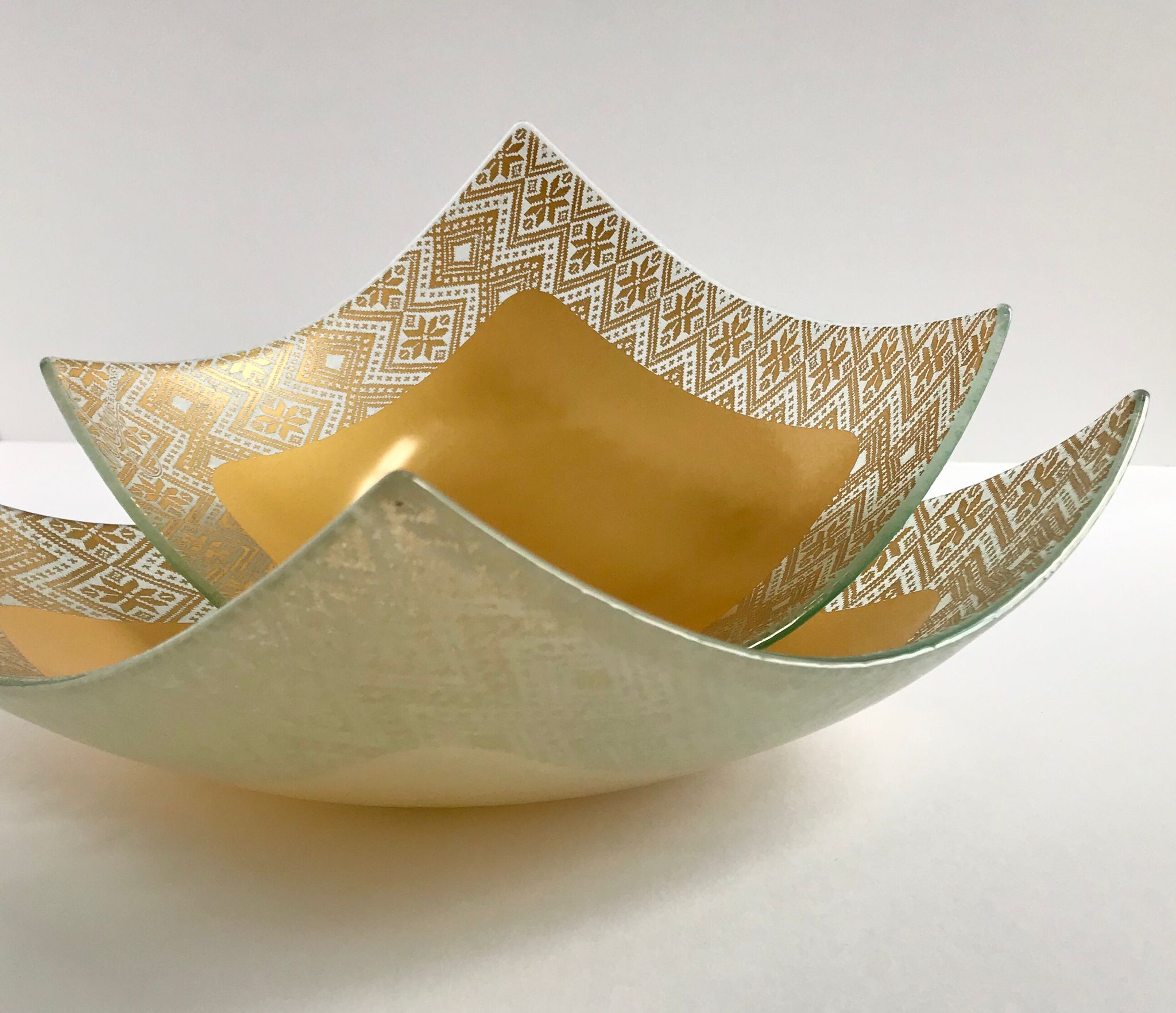Original Story Published by: Nii Ashaley Ase Ashiley, www.theafricareport.com
Photo Source: Inovgnawa.com
(Above) Gnawa musicians.
The power of sound has since the days of old been acknowledged for its transformative and destructive power alike. The ancient Chinese used the power of sound to heal troubled minds. Shamans of ancient Afrikan cultures were also known to have used the power of sound from music and chants to enter into trance-like states where they harnessed super-human powers.
Gnawa is a term that bears in itself three distinct meanings…
Foremost, it represents a group of people who migrated from Black West Africa to present-day Morocco due to trade and slavery from about the 11th to the 13th century. The term Gnawa can thus mean in a historical context; ‘the black people’.
“This music…is a fascinating combination of poetry, music and dancing. Its secret also lies in a religious and spiritual dimension which gives it a kind of therapeutic power…” – Anass Fassi Fehri.
Secondly, Gnawa represents a religious and spiritual order followed by those who call themselves; Gnawa. It is a mystic order within the Islamic religious body that has retained its West African ancestral ties. Leaders and ardent followers of the Gnawa spiritual order believe in the existence of higher beings called ‘spirits’, and these spirits represent the souls of their ancestors who can be called upon for various reasons.
To add, Gnawa is a music genre now native to Morocco, especially the southern Moroccan city of Essaouira. It is a music that tells the Gnawa ancestral story of enslavement, migration and spirituality.
The Gnawa music genre has gained considerable popularity in Morocco and the world at large. The Gnawa Muallems (Gnawa Masters) along with their band of musicians are usually dressed in colourful costumes decorated with cowrie shells. Their musical instruments consist of three major instruments namely; the metallic castanets, the three-stringed bass lute also known traditionally as Guembri and the drum.
To read the full article, visit www.face2faceafrica.com.









